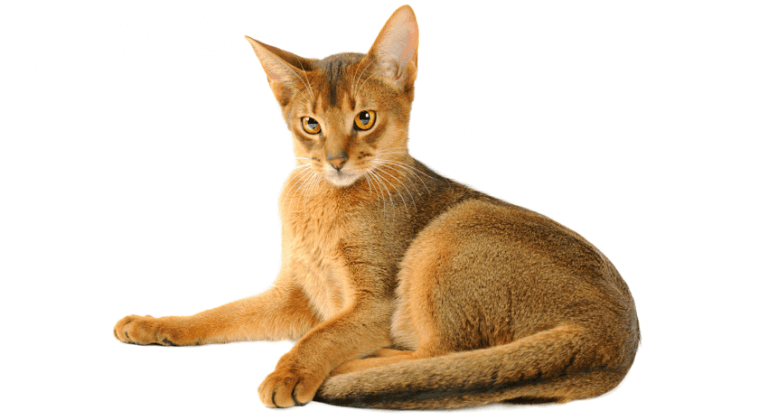Your Cart Is Empty
✖No products in the cart.

Abyssinia (Ethiopia)
8''-10''
6-12 pounds
14-17+ years
Playful, willful, active, intelligent
Aby
Medium-sized short-haired
$200-$1,000
A pet-quality Abyssinian kitten usually costs anywhere from $1,000 to $2,000.
Pedigreed Abyssinian cats are more expensive than non-pedigreed cats because reputable breeders spend a lot of time and money caring for their adult breeding Abyssinian cats to ensure they are healthy, temperamentally sound, and good representations of the breed. Ensure your Abyssinian breeder performs genetic health testing on the parents prior to breeding to avoid passing on inherited diseases known in the breed, including erythrocyte pyruvate kinase deficiency (PK deficiency) and progressive retinal atrophy (PRA).
Abyssinians are curious, active, and engaged, making them wonderful pets that will entertain you with their explorations and antics. Abyssinians bond closely with their human family, but are usually shy with strangers. Providing Abyssinian kittens with lots of socialization can help them feel more comfortable when visitors come to the house.
All Abyssinian cats are individuals, and some might enjoy cuddles more than others. In general, though, Abyssinians prefer activity to lap-sitting, and most Abyssinians prefer to be handled on their own terms, choosing how much and how often they want to be held or snuggled.
Amidst the realm of feline diversity, reside the distinct breeds that captivate our attention. Feline inhabitants create a harmonious symphony of fur, whiskers, and personalities that enrich our lives
© 2024 CATLIVES. All Rights Reserved.